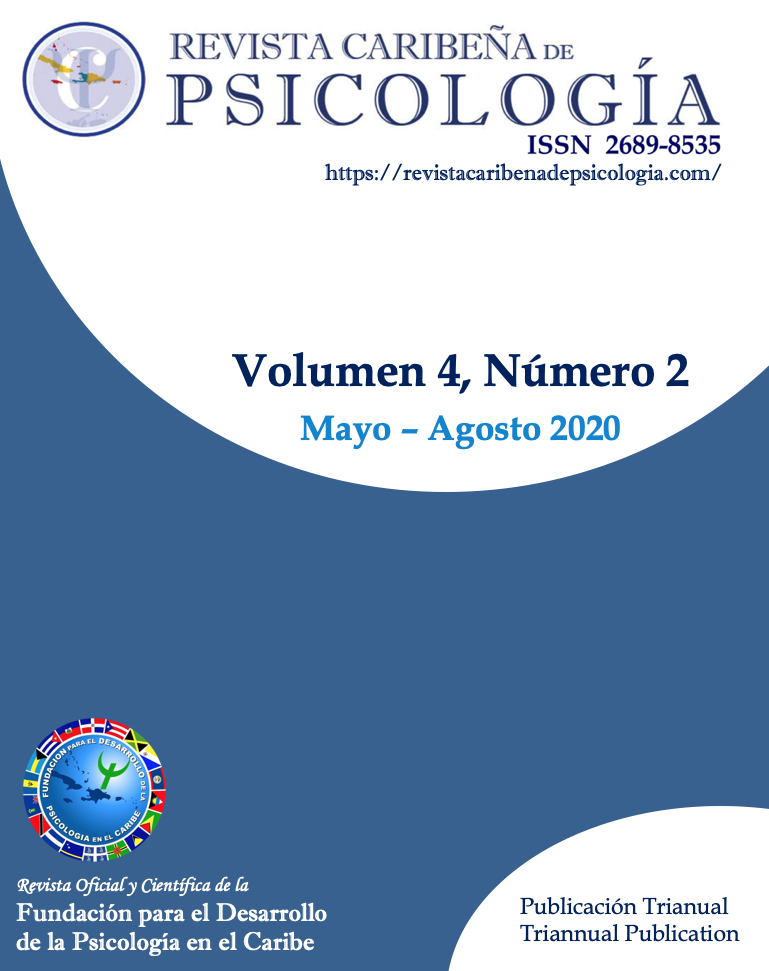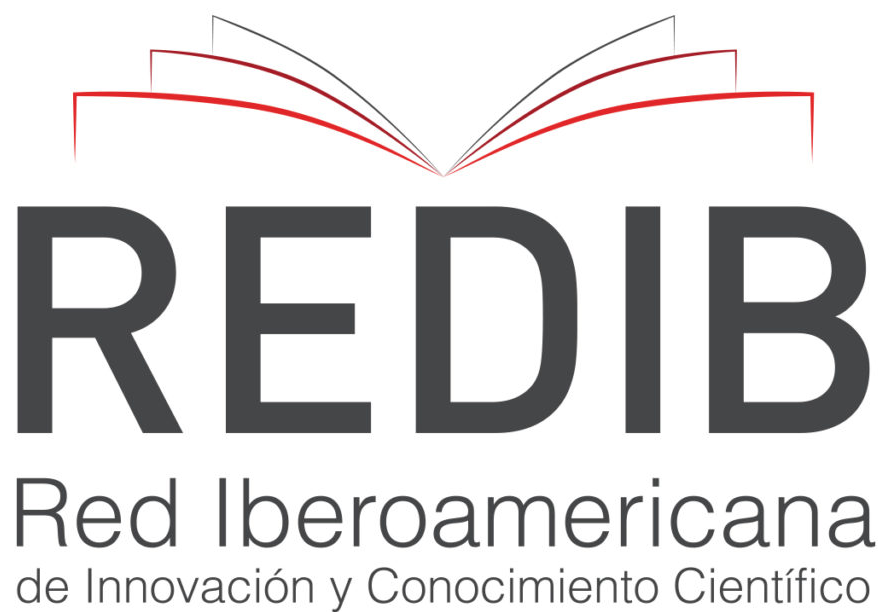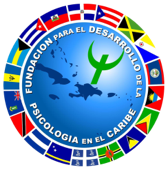Remote Assessment: Considerations for Puerto Rico During and After COVID-19
DOI:
https://doi.org/10.37226/rcp.v4i2.4855Keywords:
COVID-19, psychological assessment, tele-assessment, tele-medicineAbstract
In the times of COVID-19 many Puerto Rican psychologists had to reinvent themselves with the use of technology to be able to offer their services. This article reviews and discusses historical literature on remote evaluation and how it has evolved. Also, provides an understanding of the current status of this modality before beginning this practice. To be able to make use of remote evaluation it is important to know the ethical implications, its modalities and the process of how to carry it out. Therefore, the current laws in Puerto Rico and the recommendations of various psychology associations are discussed. Also, some of the necessary materials are reviewed such as cameras, monitors and online platforms. In addition, the psychological measures that have evidence that remote evaluation could be used, are analyzed, and how some can be adjusted to meet the need. Some performance tests like the Reynold’s Adaptable Intelligence Test, Weschler Intelligence Scales for Children V y Woodcock Johnson IV (RAIT, WISC-V and WJ-IV) have been remotely standardized or equivalent studies have been conducted. Furthermore, it is considered how COVID-19 can somehow affect the teaching and supervision of the assessment processes and competences. Finally, recommendations of how remote assessment could be used in the future in Puerto Rico.
References
American Psychological Association. (2020a). Teaching and supervis-ing assessment beyond COVID19. https://www.apa.org/topics/covid-19/teaching-supervising-assessment-beyond.pdf.
American Psychological Association. (2020b). Guidance on psycho-logical tele-assessment during the COVID-19 crisis. https://www.apaservices.org/practice/reimbursement/health-codes/testing/tele-assessment-covid-19.
Asociación de Psicología de Puerto Rico. (2011). Aspectos éticos y profesionales sobre las credenciales necesarias para realizar evalua-ciones psicológicas en Puerto Rico. Autor. https://docplayer.es/13102839-asociacion-de-psicologia-de-puerto-rico-p-o-box-363435-san-juan-pr-00936-3435-787-751-7100-fax-787-758-6467-info-asppr-net.html
Asociación de Psicología Escolar de Puerto Rico. (2020). Pronun-ciamiento oficial sobre servicios de evaluación psicológica en condi-ciones de distanciamiento social: recomendaciones generales para administradores de escuelas, proveedores de servicios y familias. Autor. http://apeppr.com/resources/documents/pronunciamiento%20oficial%20sobre%20procesos%20de%20evaluación%20en%20tiempos%20de%20distanciamiento%20social-%20recomendaciones%20generales.pdf
Ball, C., & Puffett, A. (1998). The assessment of cognitive func-tion in the elderly using videoconferencing. Journal of Telemed-icine and Telecare, 4(1), 36–38. https://doi.org/10.1258/1357633981931362
Ball, C., Tyrrell, J., & Long, C. (1999). Scoring written material from the Mini-Mental State Examination: A comparison of face-to-face, fax and video-linked scoring. Journal of Telemedi-cine and Telecare, 5(4), 253–256. https://doi.org/10.1258/1357633991933819
Barak, A., & Buchanan, T. (2004). Internet-based psychological testing and assessment. In R. Kraus, G. Stricker, & C. Speyer (Eds.), Online counseling: A handbook for mental health profession-als (pp. 4217–4239). Elsevier Academic Press.
Brearly, T.W., Shura, R.D., Martindale, S.L., Lazowski, R.A., Lux-ton, D.D., Shenal, B.V., & Rowland, J.A. (2017). Neuropsycho-logical test administration by videoconference: A systematic review and meta-analysis. Neuropsychology Review, 27(2), 174-186. https://doi.org/10.1007/s11065-017-9349-1
Byers, A. P. (1981). Psychological evaluation by means of an online computer. Behavior Research Methods & Instrumentation, 13, 585-587. https://doi.org/10.3758/BF03202069
Camara de Reprrsentantes de Puerto Rico. (2020). Resolución Con-junta de la Cámara, Núm. 641. Autor. http://www.tucamarapr.org/dnncamara/Documents/Measures/fdfdb72d-232a-43db-afe7-ee81b1f5e285.pdf?fbclid=IwAR2kVvLxs-o4vMIG3gQN-NgIWUERucBKdoRQUcXITV1T0yhv8_TecwEJH7w
Cullum, C. M., Weiner, M. F., Gehrmann, H. R., & Hynan, L. S. (2006). Feasibility of telecognitive assessment in dementia. As-sessment, 13(4), 385-390. https://doi.org/10.1177/1073191106289065
Glaze, R., & Cox, J. L. (1991). Validation of a computerized ver-sion of the 10-item (self-rating) Edinburgh postnatal depres-sion scale. Journal of Affective Disorders, 22(1-2), 73–77. https://doi.org/10.1016/0165-0327(91)90086-8
Health Insurance Portability and Accountability Act (HIPAA), Pub., L, 104–191. (1996). www.lexjuris.com/lexmate/salud/lexleyhippaespanol.htm
Junta Examinadora de Psicólogos de Puerto Rico. (1992). Código de Ética. Autor.
Junta Examinadora de Psicólogos de Puerto Rico. (2020). Uso de la tecnología para ofrecer servicios psicológicos durante la pandemia de COVID-19. Autor.
Kirkwood, K. T., Peck, D. F., & Bennie, L. (2000). The consistency of neuropsychological assessments performed via telecom-munication and face to face. Journal of Telemedicine and Tel-ecare, 6(3), 147–151. https://doi.org/10.1258/1357633001935239
Ley Núm. 169 de 1 de agosto de 2018. Ley para el Uso de la Tele-medicina en Puerto Rico. http://www.lexjuris.com/lexlex/Leyes2018/lexl2018168.htm
Ley Núm. 48 de 29 de abril de 2020. Ley para Regular la Ciberterapia en Puerto Rico. http://www.lexjuris.com/lexlex/Leyes2020/lexl2020048.htm
Ley Núm. 96 de 4 de junio de 1983, según enmendada. Ley para Reglamentar el Ejercicio de la Profesión de la Psicología en Puerto Rico. http://www.lexjuris.com/lexmate/profesiones/lex103.htm
Luxton, D. D., Pruitt, L. D., & Osenbach, J. E. (2014). Best practic-es for remote psychological assessment via telehealth technol-ogies. Professional Psychology: Research and Practice, 45(1), 27–35. https://doi.org/10.1037/a0034547
Maheu, M. M., & Gordon, B. L. (2000). Counseling and therapy on the Internet. Professional Psychology: Research and Practice, 31(5), 484–489. https://doi.org/10.1037/0735-7028.31.5.484
Naglieri, J. A., Drasgow, F., Schmit, M., Handler, L., Prifitera, A., Margolis, A., & Velasquez, R. (2004). Psychological Testing on the Internet: New Problems, Old Issues. American Psychologist, 59(3), 150–162. https://doi.org/10.1037/0003-066X.59.3.150
R-PAS: Recommendations concerning remote administration of the Rorschach (April, 2020) https://r-pas.org/docs/remote%20administration%20of%20the%20rorschach.pdf
Raiford, Susan E. (2017). “Intelligently and Intuitively Incorporat-ing the Integrated into WISC-V Interpretation.” Essentials of WISC-V Integrated Assessment, edited by Alan S Kaufman and Nadeen L Kaufman, John Wiley & Sons, Hoboken, NJ, 2017, pp. 123–178.
Reynolds, C. R. (2014). Reynolds Adaptable Intelligence Test: Profes-sional Manual. PAR.
Reynolds, C. R., & Kamphaus, R. W. (2015). Reynolds Intellectual Assessment Scales, Second. Edition and the Reynolds Intellectual Screening Test (2nd ed.). PAR.
Sharp, J. (2020b). Telehealth Assessment of Children [Webinar]. Nebraska Psychological Association.
Sharp, J. (Host). (2020a, April 3). Remote Administration of the WISC-V and KTEA III with Dr. Susie Raiford (112) [Audio podcast episode]. In The Testing Psychologist Podcast. http://www.thetestingpsychologist.com/remote-administration-of-the-wisc-v-ktea-iii-w-dr-susie-raiford/.
Stolwky, R., Hammers, D. B., Harder, L. & Cullum, C. M. (2020, April 2). Teleneuropsychology (TeleNP) in Response to COVID-19: Practical Guidelines to Balancing Validity Concerns with Clinical Need. [Power Point Presentation]. https://www.the-ins.org/files/webinars/20200402_covid19/INS_COVID19_Webinar-20200402.pdf.
Wright, A. J. (2018). Equivalence of Remote, Online Administration and Traditional, Face-to-Face Administration of the Reynolds Intel-lectual Assessment Scales-Second edition (Online white paper). Presence Learning.
Wright, A. J. (2020). Learn more about Ethical and Practical Consider-ations for Psychological Tele-Assessment During COVID-19 [Webinar]. Riverside Insights. https://register.gotowebinar.com/recording/7314002332415112450.
Published
How to Cite
Issue
Section
License
Copyright (c) 2020 Oxalis Jusino-Aldarondo

This work is licensed under a Creative Commons Attribution 4.0 International License.







